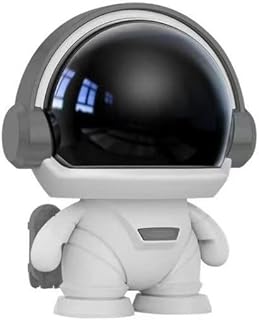Artificial intelligence (AI) chatbots have emerged as a popular tool for providing information to patients seeking medical advice. The management of acute Achilles tendon ruptures (AATR) presents challenges due to various treatment options and patient factors. In this study, three AI engines – ChatGPT, Google Gemini, and Microsoft Copilot – were evaluated for their responses to common questions about AATR.
The study involved four orthopaedic surgeons assessing the AI responses on a four-point scale. The results showed that all three AI engines provided comparable answers to the majority of questions, with some variations noted in specific responses. Notably, Copilot received lower scores on three questions compared to Gemini and ChatGPT.
The use of AI chatbots in patient education has shown promise in other orthopaedic procedures, such as total hip arthroplasty and elbow ulnar collateral ligament reconstruction. However, this study focused on AATR, where treatment options vary, creating a need for clear and accurate information for patients. The responses from the AI chatbots were generally satisfactory, highlighting their potential as educational tools in orthopaedics.
While AI chatbots can provide valuable information to patients, it is important to verify medical advice with healthcare professionals. As AI technology continues to evolve, it may become a valuable resource in patient education and shared decision-making in orthopaedic care. Future research could explore AI’s efficacy in educating patients on a broader range of orthopaedic conditions and languages to ensure accessibility and accuracy.
Limitations of the study include the subjective nature of the evaluations by the orthopaedic surgeons and the fixed responses provided by the AI chatbots at a specific point in time. Despite these limitations, the study underscores the potential of AI chatbots as educational tools in orthopaedic patient care.
In conclusion, AI chatbots show promise in answering patient inquiries about AATR, offering a supplementary resource for patient education in orthopaedics. As AI technology advances, it may enhance the patient-surgeon discussion and decision-making process in orthopaedic care.
📰 Related Articles
- Study Reveals SEO’s Vital Role in AI Search Evolution
- Study Reveals AI Limitations in Professional Business Environments
- Google AI Summaries Impact User Click Behavior, Study Finds
- Generative AI Revolutionizes Online Information Retrieval, Challenging Google
- Anthropic Unveils API-Enhanced Web Search Tool for AI Chatbot Claude, Revolutionizing Information Retrieval






